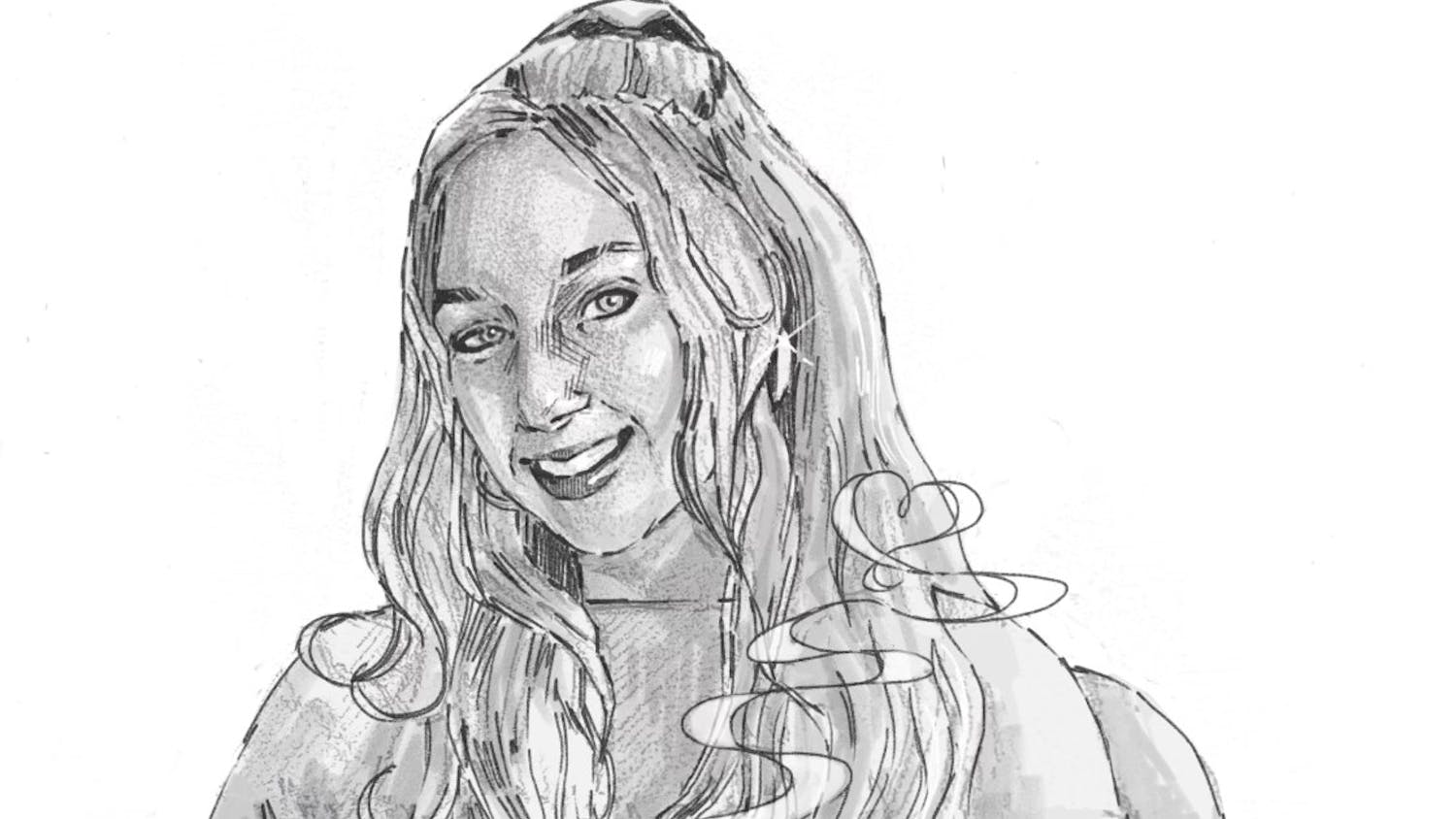By Ally Uhlendorf
Managing Editor
Having a well-informed voting public is the key to having a democracy. In a generation centered around social media and surrounded by information being spread easier than ever, it is crucial to fact-check the substance you are consuming.
According to Pew Research, 48% of adults ages 18-29 receive their political news from social media.
But misinformation is a rapidly growing threat that could impact voters in the upcoming 2024 presidential election. Additionally, with the rise of artificial intelligence, the spread of fake news can seem more realistic than ever. This year, the News Literacy Project launched its Misinformation Dashboard, which compiled more than 600 of the most viral fake, AI-generated and misleading pieces of content they’ve seen going around social media.
With social media platforms at our fingertips at all times, it is so easy to gain our information from TikTok or Instagram. Every now and then, I will see a clip or a photo taken completely out of context from a political event and watch people in the comments jump to conclusions with little to no substantial information. It is not only crucial to fact-check the information you are seeing, but to avoid the spread of misinformation.
To secure a well-rounded vote, every voter is responsible for going beyond the social media they regularly consume and seek out a credible, non-bias source. Although voters may be dedicated to a specific news source, it is key to find a non-partisan outlet to avoid misguided voting decisions based on false information.
Placing a vote based on false information not only weakens the democratic system, but also weakens the public’s trust. As college students and young voters, we have the power to educate ourselves and others prior to the upcoming election.
Finding a credible source, verifying that source and understanding the difference between biased and unbiased information are the key components of becoming well-educated on political facts.
For first-time voters, the stakes are even higher. Political identities are still being formed, and the process of voting can become overwhelming. These upcoming votes and the choices young voters make will shape the future of politics. The importance of critical thinking and fact-checking cannot be underestimated.
Social media algorithms are designed to show users content that aligns with their previous searches and beliefs. With this, it can create a space where users are only exposed to information and viewpoints that they already agree with. This can consolidate political discussions and cause users to be very close-minded in regards to political information. Due to this polarized nature, people will be less likely to want to engage in conversations with differing opinions.
To break out of this, young voters can educate themselves in a more holistic way when it comes to election information. By learning more about both parties’ beliefs and standings, young adults can make a more well-rounded vote.
By believing and spreading fake news, it is a great risk that policies will be shaped on lies rather than the values of the public. To protect democracy, it is vital for all voters to make informed decisions that reflect reality, not distortion.
As election day approaches on Nov. 5, it is so important that students go out and vote, and even more important that they are well-informed when doing so.







